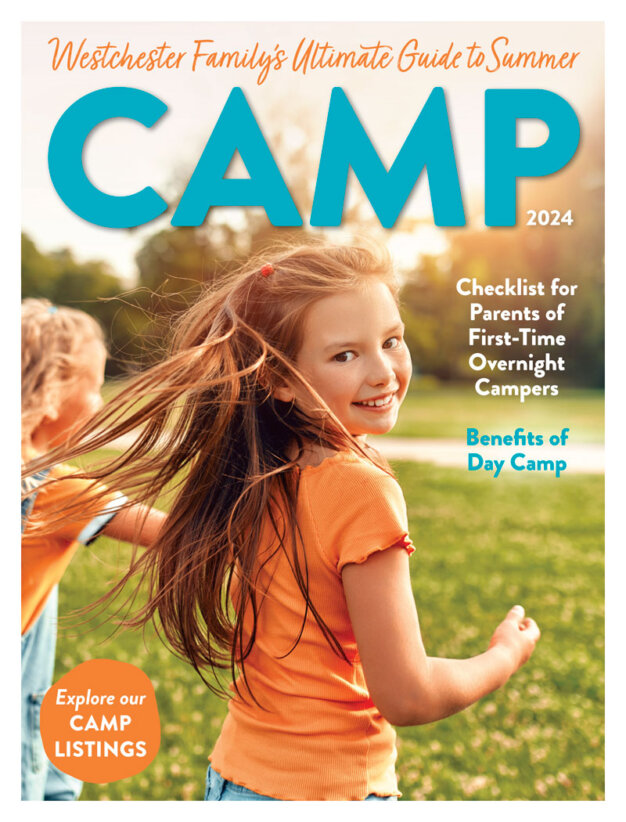If you’re a parent, then by definition you’re busy and also quite possibly overwhelmed. When parenting overwhelms us, it’s time to rethink our approach and seek perspective. Here are five TED Talks to inspire you to uncover happiness in parenting.
For Parents, Happiness is a Very High Bar, by Jennifer Senior.
Jennifer Senior is an author on modern parenting, a writer for The New York Times, and a mom. In this insightful talk, Senior examines the trend of today’s parents to micromanage their children’s lives, from checking homework to enrolling their children in countless extracurricular activities to shouldering responsibility for their children’s happiness. Senior commends parents on their well-intentioned efforts to ensure their children’s success, but cautions that this level of hyper-immersion is leaving parents overburdened and children overscheduled.
Instead Senior suggests that parents return to focusing on raising productive and moral kids by teaching children the importance of decency, a strong work ethic, and love. Senior contends that this shift away from micromanagement and toward overarching values will benefit parents by facilitating a more gratifying parenting experience. Likewise, children will benefit from the opportunity to accomplish goals on their own within a less-stressed household.
How to Make Work-Life Balance Work, by Nigel Marsh.
Nigel Marsh is a self-proclaimed former “corporate warrior” and champion of the work-life balance cause. In this fiery discourse, Marsh comes out swinging by calling work-life policies such as flex-time, paternity leave, and dress-down Fridays “rubbish.” Marsh, a father of four, counsels that it is up to us, not corporations or governments, to tailor our own work-life balance, emphasizing that doing so doesn’t require a dramatic upheaval in our day-to-day. Instead, Marsh urges us to make small investments in increasing the quality of our relationships, such as spending an extra hour with our children, calling our parents more often, or nourishing our spirituality.
These small changes, Marsh contends, can significantly increase our quality of life and may transform society’s definition of a life well lived.
How to Live Passionately-No Matter Your Age, by Isabel Allende.
Author Isabel Allende writes stories of passion including the best-selling The House of the Spirits. Allende, in her 70s, encourages us to resist the aging of our spirit by living life with a passionate attitude.
Allende candidly describes how she has become “lighter” over the years by letting go of vanity, ambition, and grudges. Allende celebrates the freedom she has gained by replacing those “deadly sins” with spirituality, mindfulness, and the ability to see value in vulnerability.
The Power of Believing That You Can Improve, by Carol Dweck.
Carol Dweck is a Stanford University professor and a pioneer in the study of how motivation impacts achievement in children. In this session on how to improve the way children learn, Dweck summarizes compelling research that identifies a link between a child’s opinion of his abilities and that child’s willingness to persevere in the face of challenges. Importantly, Dweck outlines the methods parents can use to help children of any age remain confident and motivated when navigating difficult tasks, in and out of school.
The World Needs All Kinds of Minds, by Temple Grandin.
Temple Grandin is a professor at Colorado State University and a consultant to the livestock industry. She also happens to be autistic. In this moving talk, Grandin shares details of her life with autism and how her ability to “think in pictures” and pay particular attention to detail lead to her career success. Grandin discusses the breadth of the autism spectrum, noting that brilliant innovators such as Einstein, Mozart, and Tesla would likely be diagnosed within the spectrum today.
Grandin is concerned that schools-especially in more rural areas-may not be effectively developing the interests of children on the spectrum who, if mentored properly, may excel in fields such as science, engineering, and technology. Grandin is especially troubled by the cuts in art programs and other hands-on classes in which many children on the spectrum may excel.
Dolores Smyth writes about the joys and struggles of parenting her three young children. Her work has appeared in numerous print and online publications. You can read more of her work on Twitter @LolaWordSmyth.









